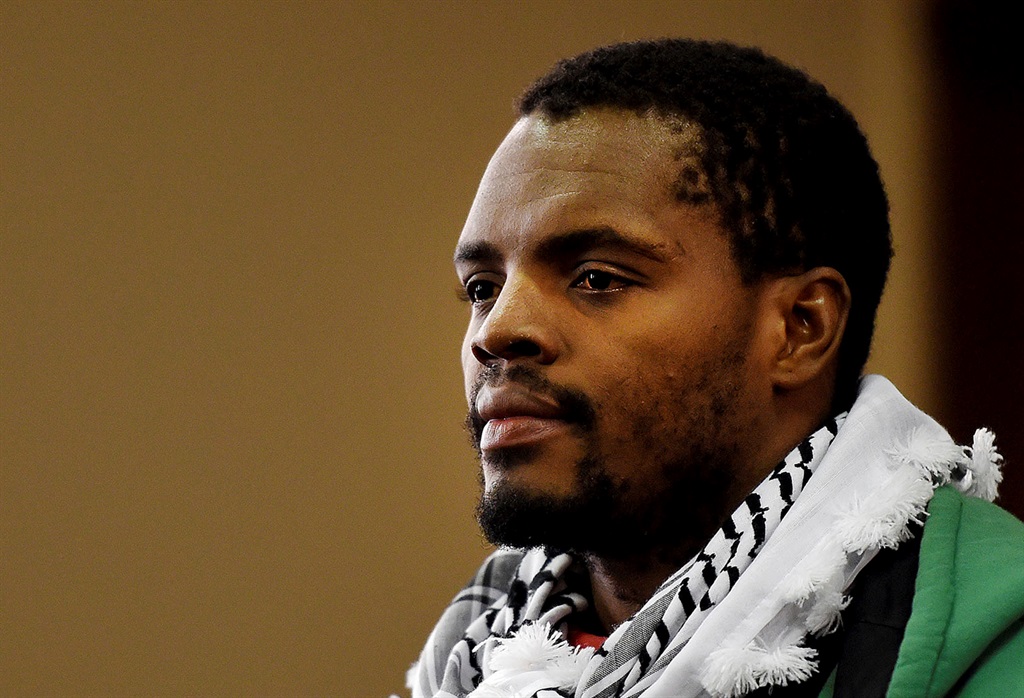
Much has been written about the effects of the Covid-19 coronavirus and the lockdown in South Africa. But often these opinions are about how the economy will be affected and how it might never recover from the blow of this virus.
These abstract discussions, although important, often overlook how, for instance, the national lockdown has affected black people and how they will continue to be affected post-coronavirus (if there will be a post-coronavirus).
This is not to suggest that other people will not be adversely impacted but it is to say black people will be affected more adversely. It is simply because the conditions that black people live in are peculiar, they already live in perpetual survival mode.
What happens when a people whose lives are a near-death experience are confronted with the conditions created by the coronavirus? If the virus changes the trajectory of their lives what direction will that take?
In the first instance, black people have a different relationship with the world compared to other race groups. This is to say the ways in which they navigate and manoeuvre through existence is different culturally and spiritually.
There are certain rituals that are the basis of their living that have and will continue to be affected. Consider funerals. For black people, these are not just a sending off of a person who no longer has life but they are a transcendental practice.
For black people do not die but they pass on, consistent with this ethos certain rituals have to be performed. These rituals have to be performed in a certain way, not because of convenience but as a matter of necessity. The stringent constrains and regulations as a result of coronavirus make this almost impossible.
What then are the consequence of the imposed relinquishment of these practices? How does it affect the ways black people make sense of life and death?
In the truest sense, black lives are still sustained by a certain sense of communalism. Regardless of what we have gone through, traces of ubuntu as an ethos still forms part of who we are and how we live.
I am because we are is still the hallmark of how many communities are still able to survive. Practically, you go to the neighbour when you have run out of salt, disputes are still solved among family members and there is a necessary interconnectedness that holds black communities together.
All of these things will be severely affected by the virus. How then do we even begin to imagine our lives beyond the virus? Will life as we know it still be possible?
I doubt, it seems that the way we live in future will be radically different from what we are used to. This then invites us to think seriously about how we continue living in the wake of a pandemic that threatens the very essence of our existence.
Spirituality is important to everyone but for black people there is an inextricable relationship that exists. Without having to go deep into why black people are so spiritual, it is apparent that they are people who believe even if it is for different reasons.
For some whose existence is so unbearable, the church (in the different forms that it takes) becomes the only refuge for them. For those who are dealing with extreme dread and angst, Umvelinqangi becomes the only thread keeping them from falling over a cliff.
The conditions created by the virus threaten this very sacred relationship. It threatens to separate them from the only thing that is keeping them alive.
What happens when people are forced to be separated from their god? What shape does their life take?
I highlight the above as a way to suggest that there is more to think about regarding the effects of the coronavirus besides the economics. There is much more at stake than a recession and an economic crash.
This means that we must also do the hard work of thinking about how we live through the coronavirus without losing what makes us who we are.
The alternative way of living that is imposed on us by this deadly virus must not take away our soul, the blackest part of our Africaness.
* Dlamini is a former student leader at Wits University




 Publications
Publications
 Partners
Partners









